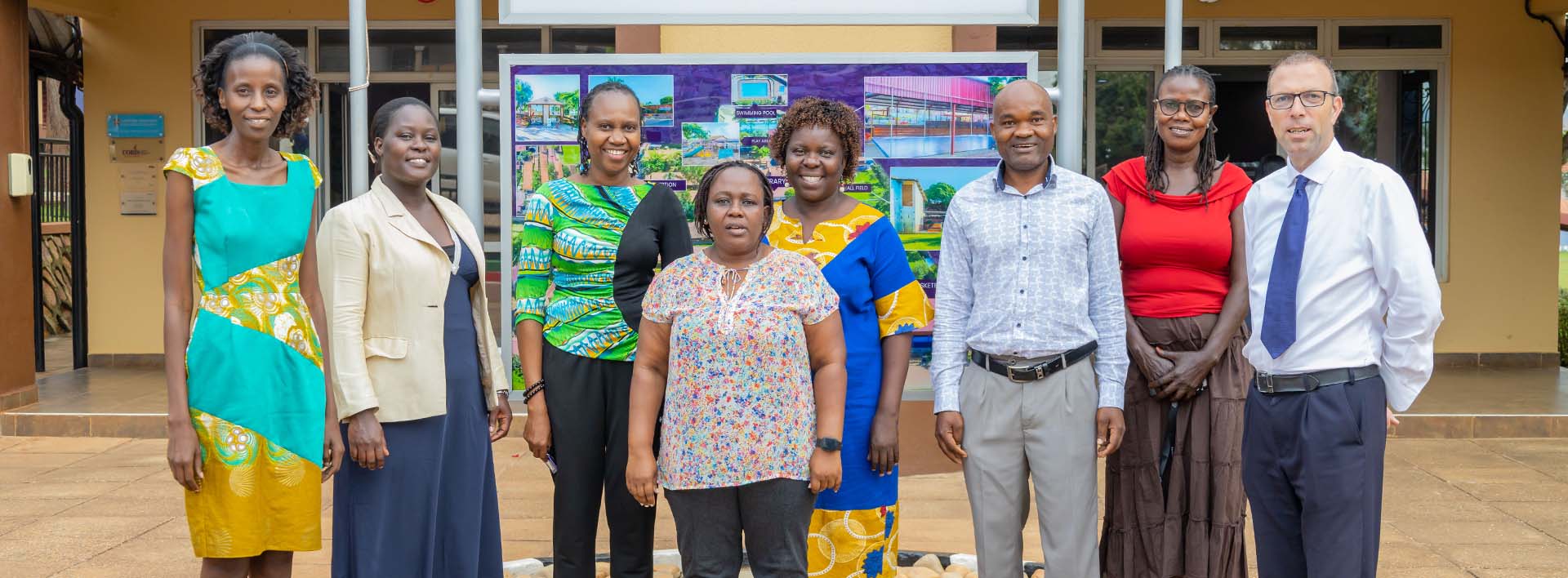
SEN Department
Learning Support at Rainbow
Primary
The learning support department at Rainbow is a busy place. Over fifty students receive a learning support intervention in their primary and early years. Our primary team offer in-class and small-group sessions to focus on specific areas of need. These interventions include the development of fine motor skills, memory and processing, guided reading, life skills and literacy & numeracy support. We also offer in-house occupational therapy and speech and language sessions.
Therapies
Internationally qualified clinicians deliver our therapies. The advantage of providing these at school is that our teaching staff can be part of the referral and assessment process. We can then work holistically with therapists to align our educational and clinical targets. Visiting our therapists has little impact on our student’s academic school day. No travel is involved, and students enjoy coming to the School House and its beautiful garden setting. Here, we have a fully equipped therapy room, sensory room and classroom with Wi-Fi.


Secondary
In secondary school, over forty students receive support at various levels. Most of these interventions are in class with a member of the learning support team. Here, the students can remain with their peers and subject teacher. Our department works collaboratively with teachers to offer differentiation of lessons.
At Rainbow, we understand that every child is unique. We know that there is a range of reasons why a student may not be performing well at school. Therefore, when there is a referral to our department, teachers and other stakeholders must meet and consider the child from different perspectives. We will look at a student’s academic achievements, ability to follow daily lessons and general health & well-being. We offer small-group student lessons tailored to their needs. These are life skills training, including gardening, cooking, and self-care. The intention is for these activities to be fun and informal to encourage more active participation in school. Some students are more successful with interactive learning experiences. We recognise these learning styles and want to highlight a student’s strengths. Our small group classes build positive relationships with peers and boost confidence. During the school year, we have ongoing awareness raising of issues that can impact our students’ progress. Common topics discussed at staff meetings and training are dyslexia, gaps in learning, autism, and social background.
Parents
We work with parents and guardians to ensure continued home support. Parents play an integral role in students’ success. During these meetings, we discuss how a child progresses at home and school. This partnership consolidates learning and helps us to work as a team throughout the year. We have an additional building, the School House (pictured below), which gives us more scope in our approach. Here, we can offer life skills lessons and other interventions in a quieter, more informal setting.
Assessments
Our team uses the latest assessments to inform targeted student interventions. In most cases, the outcomes of these assessments are given to the class teacher with specific ideas on supporting our students.
Here are just some examples of the assessment resources used at Rainbow.
- York Reading Assessment
The York Assessment of Reading for Comprehension (YARC) is an individually administered reading assessment that allows us to closely observe a pupil’s reading behaviours, strengths and areas for development. When using YARC, the component skills of reading are broken down to allow us to find precise areas to target and bring about rapid progress. Parallel forms of the assessment will enable us to measure the impact of interventions.
- British Picture Vocabulary Scale (BPVS3)
This assessment is important in assessing a child’s receptive (hearing) vocabulary. It helps us identify any delay in vocabulary development, even before children are in full-time education. BPVS3 is a one-to-one test in a simple and easy-to-administer format. For each question, we say a word, and the pupil responds by selecting a picture from four options that best illustrates that word’s meaning.
- Phonological Assessment Battery, Second Edition (PHAB2)
A comprehensive battery of tests that help assess phonological awareness in children aged 5 -11 years.
British Picture Vocabulary Scale assess a child’s receptive vocabulary. Useful at the pre-school level, where vocabulary is essential as a measure of child development.
- WellComm Primary
It is a speech and language toolkit that can be used with children from 6 months to 6 years of age. It is a means of tracking the progress of all children and will identify areas of concern in language, communication, and interaction.
- Sandwell Early Numeracy Test
Assesses pupils’ ability with numbers and identifies specific numeracy skills requiring targeted teaching. Administered on a one-to-one basis, this assessment has been designed to identify specific number skills that require targeted instruction and to monitor the impact of teaching interventions.
Emotional Literacy 7-11 & Emotional Literacy 11-16:
Emotional literacy measures pupils’ ability to understand and express feelings and highlight areas for intervention. Assessment takes the form of three checklists – for pupils, teachers and parents – which can be carried out on photocopiable paper forms or onscreen.
Resilience: Measures of Children’s Mental Health & Psychological Wellbeing
Resilience – questionnaire-based assessments to measure children’s social and emotional skills and support the early identification of mental health needs, either on a one-to-one basis or in groups.
- Recall (Digital Online)
Evaluate the speed and efficiency of working memory and processing speed in children aged 7–16.
With this resource, we can quickly identify children who require classroom intervention strategies to help support cognitive difficulties related to memory to help them learn effectively with this easy-to-use digital assessment that requires minimal supervision to administer.

